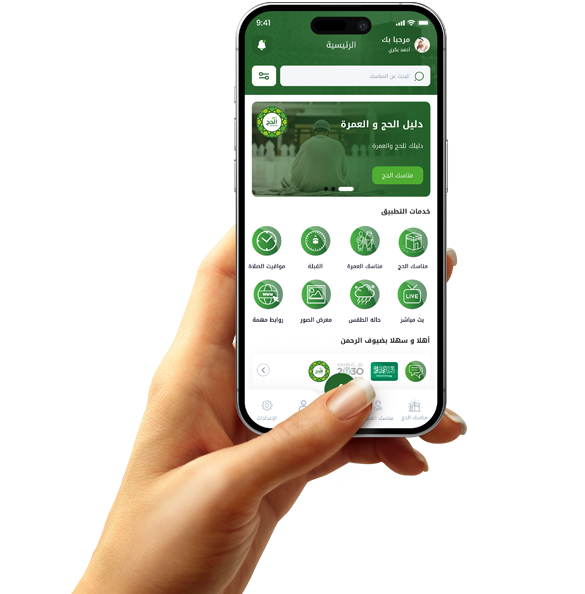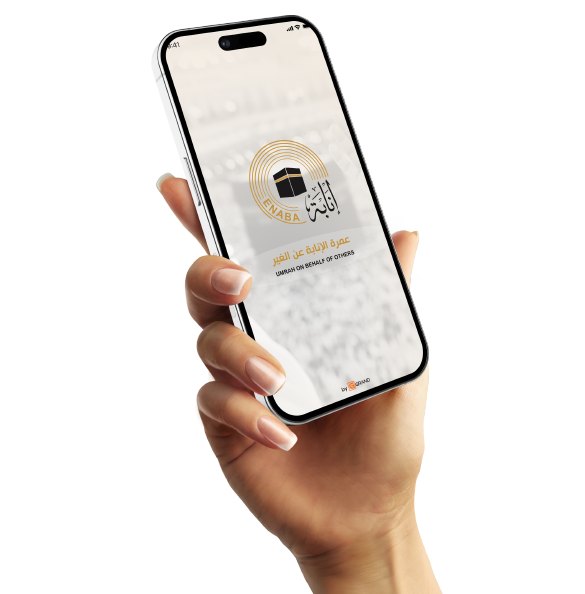How app ratings influence user decision

Why is an app's rating more important than the official description?
Many users don't read the app's long description, but instead go straight to the ratings and reviews. The reason is simple: ratings explain things from a practical and straightforward perspective.
The official description shows what the app developer wants to show, while reviews reveal the whole truth, both positive and negative, without flattery.
In some cases, a user downloads an app simply because someone wrote, "Easy to use and very fast," or cancels it because of a comment like, "It crashes a lot and doesn't work after an update."
Therefore, the app's rating doesn't only influence the decision to download; it may also determine whether the app remains on the device or is deleted minutes later.
The impact of ratings isn't limited to users; they also affect the app's appearance in search results within the store. The higher the overall rating, the more likely it is to be seen by other users.
It's a perfect circle: a good rating leads to more downloads, and more downloads lead to new ratings that enhance its success.

Reviews are a free and powerful marketing tool.
One of the most significant benefits of reviews is that they play a promotional role at no additional cost to the app owner.
Positive reviews encourage other users and are sometimes used in promotional campaigns as authentic customer testimonials.
Stellar reviews such as "I used this and it helped me manage my time" or "Great alternative to well-known apps" can be featured on landing pages or social media posts.
High-star ratings can also be used as a design element in ads.
Reviews also provide real-world information about what users like, helping developers develop features that enhance the user experience.
In turn, new users can rest assured that they are dealing with a trusted and proven app.

The Impact of Ratings on App Ranking in Stores
The importance of app ratings isn't limited to user feedback alone; they also extend to the algorithms of app stores like Google Play and the App Store.
The more positive reviews and the higher the overall star rating, the higher the app's chances of appearing on the first page of searches.
These algorithms assess user satisfaction, the number of downloads, and the percentage of app deletions after downloading.
Therefore, low ratings reduce the app's chances of success, even if the design or concept is good.
This underscores the importance of ensuring user satisfaction, engaging with their ratings, and encouraging them to write honest reviews after use.
Even average ratings can contribute to a higher ranking if accompanied by useful feedback.

How do you get a user to leave a positive review?
Although many users are satisfied, few write reviews spontaneously. Therefore, apps need smart strategies to encourage them to leave a review.
The best time to ask for a review is after a successful moment, such as completing an order or using a useful feature.
Also, using friendly, unobtrusive in-app pop-ups can encourage the user with simple language: "Like the app? Share your opinion."
The more friendly and non-forceful the approach, the greater the chances of engagement.
Also, adding simple incentives such as points or discounts for writing a review can be effective if implemented in a way that doesn't compromise the credibility of reviews.
The key here is to respect the user's privacy and provide the experience before the request.
When a user feels their opinion is valued, they will be more willing to contribute a helpful review.















